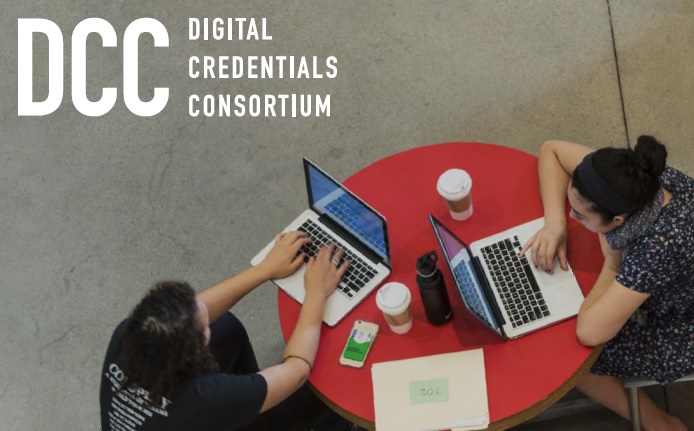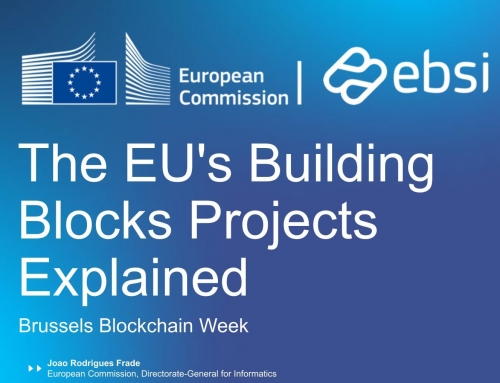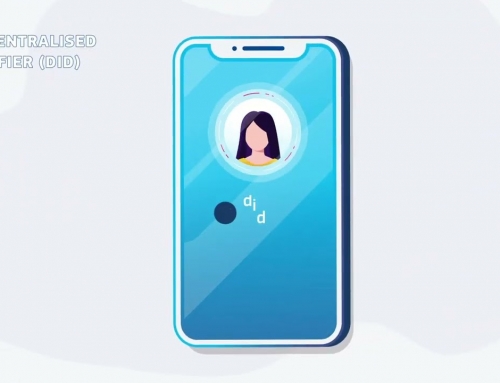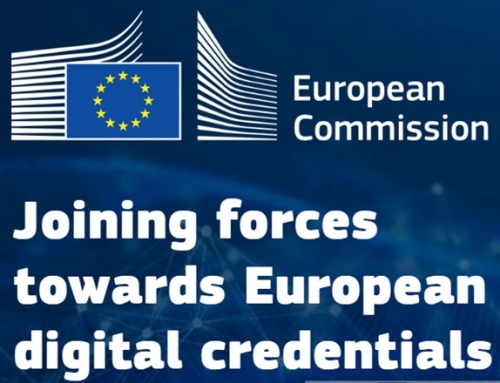Digital Credentials Consortium, was founded in 2018 by 12 universities in Germany, Canada, the United States, the Netherlands, Italy and Mexico, under the leadership of MIT, to modernize the concept of credentials, bringing benefits to learners and to relying parties (such as employers) by improving how skills and competencies are conveyed and recognized. Its mission is to create a trusted, distributed, and shared infrastructure that will become the standard for issuing, storing, displaying, and verifying academic credentials, digitally.
It has just completed his white paper “Building the digital credential infrastructure for the future“, where it establishes the design specifications of the associated system architecture and offers a more powerful and convenient way to share, manage and verify credentials:
- It has a holistic approach and not biased to specific solutions or platforms, facilitating the convergence of other initiatives.
- His effort is focused on the “envelope” and the system that provides safe delivery and storage. The “envelope” contains information about who issued the credential and to whom it was issued. Both the identities and the integrity of their content can be verified to detect fraud or tampering.
- Recommends the Verifiable Credentials (VC) standard and its data model, performed by the European Commission, within the framework of its European Blockchain Services Infrastructure (EBSI) initiative, because it meets the requirements established by the consortium and offers the following properties:
- Digital, tamper proof and machine-readable.
- Learner is at the center of exchanges of their data; their consent is required to exchange.
- Learner may cryptographically prove the credential is about them.
- Verification does not require consulting the issuer.
- Content of the credential can conform to a variety of schemas and vocabularies chosen by the issuer.
- Robust consideration of privacy, security, accessibility, and internationalization recommendations, making it suitable for high-stakes credentials such as transcripts.
Digital Credentials Consortium does not develop commercial products and services, but works with technology companies and platforms to create an ecosystem of options to choose from, as well as with employers to integrate verification services into their contracting workflow.
Related Posts: «El viaje de Eva”: Integración de la identidad digital por los gobiernos europeos, gracias a la tecnología blockchain, Europa prepara su identidad digital soberana blockchain, Despega la blockchain de las administraciones europeas





Leave A Comment